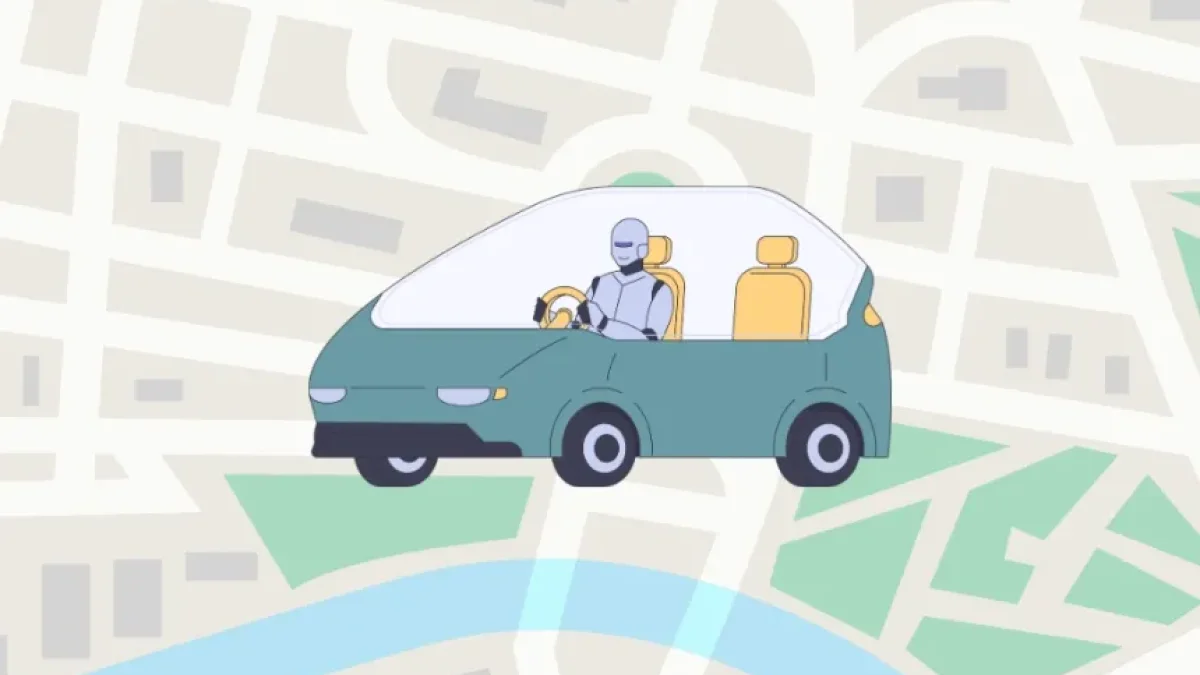Autonomous vehicles have been a hot topic in the transportation and technology industries in recent years. From the emergence of the first prototypes to the present, the evolution of these vehicles has captured the attention not only of experts but also of society at large. In this article, we will explore the current status of autonomous vehicles and what we can expect in the next decade.
Current Status of Autonomous Vehicles
Technological Advances
In the last decade, autonomous vehicles have experienced significant technological advancements. Some of the most notable innovations include:
- Advanced Sensors: Autonomous vehicles utilize a combination of LIDAR, radar, and cameras to perceive their surroundings. This technology allows cars to "see" in 360 degrees, which is essential for safe navigation.
- Artificial Intelligence: AI systems are crucial for processing the data collected by sensors and making real-time decisions. Companies like Tesla and Waymo have made enormous investments in this field.
- Cloud Connectivity: Internet connectivity allows vehicles to be constantly updated and share data with one another. This is key to continually improving driving algorithms.
Legislation and Regulation
Regulations surrounding autonomous vehicles are still in development. Different countries and regions have adopted varied approaches:
- United States: Many states have begun testing autonomous vehicles on public roads, although the lack of clear federal legislation limits their widespread deployment.
- European Union: The EU has been working on regulations that promote research and development of these vehicles while ensuring road safety.
- Asia: Countries like China and Japan have been heavily investing in autonomous vehicle technology and have started implementing testing zones.
Leading Companies in the Sector
The autonomous vehicle market comprises several leading companies, each with different approaches. Some of the most relevant are:
- Waymo: Considered a pioneer in autonomous driving, Waymo has conducted numerous tests and launched autonomous transportation services in select cities.
- Tesla: While Tesla does not offer fully autonomous driving, its "Autopilot" system is under constant development and is approaching higher levels of autonomy.
- Cruise: The subsidiary of General Motors has focused on the development and testing of autonomous vehicles in urban environments.
What to Expect in the Next Decade
Technological Evolution
The technological evolution of autonomous vehicles is expected to continue at an accelerated pace. Anticipated trends include:
- Greater Autonomy: Level 5 cars, which can operate without human intervention, will become more common in the next decade.
- Vehicle-to-Vehicle Interaction: Communication between vehicles will be essential to improve safety and efficiency, allowing for smoother traffic flow.
- Integration with Smart Cities: Autonomous vehicles will be part of a broader ecosystem that includes smart infrastructure and shared services.
Social and Economic Impact
Autonomous vehicles will also have a significant impact on society and the economy:
- Job Changes: The automation of driving could lead to changes in the labor market, especially in sectors such as transportation and logistics.
- Accessibility: Autonomous vehicles may improve mobility for people with disabilities and the elderly, providing them with greater independence.
- Accident Reduction: With greater safety in driving, the adoption of these vehicles is expected to reduce the number of traffic accidents.
Challenges to Overcome
Although the future of autonomous vehicles is promising, several challenges must be addressed:
- Cybersecurity: As vehicles become more connected to the internet, cybersecurity becomes a critical concern.
- Ethics and Decision-Making: In emergency situations, how autonomous vehicles should react is an ethical dilemma that still needs resolution.
- Public Acceptance: Public perception of the safety of autonomous vehicles will influence their adoption.
Conclusion
The current status of autonomous vehicles reflects significant technological advancements, accompanied by substantial challenges. In the next decade, we expect technology to continue evolving, transforming the transportation industry and profoundly affecting society. As regulations are fine-tuned and public opinion adapts, the future of autonomous vehicles appears not only probable but inevitable. Without a doubt, they will play a leading role in the mobility of tomorrow.




















